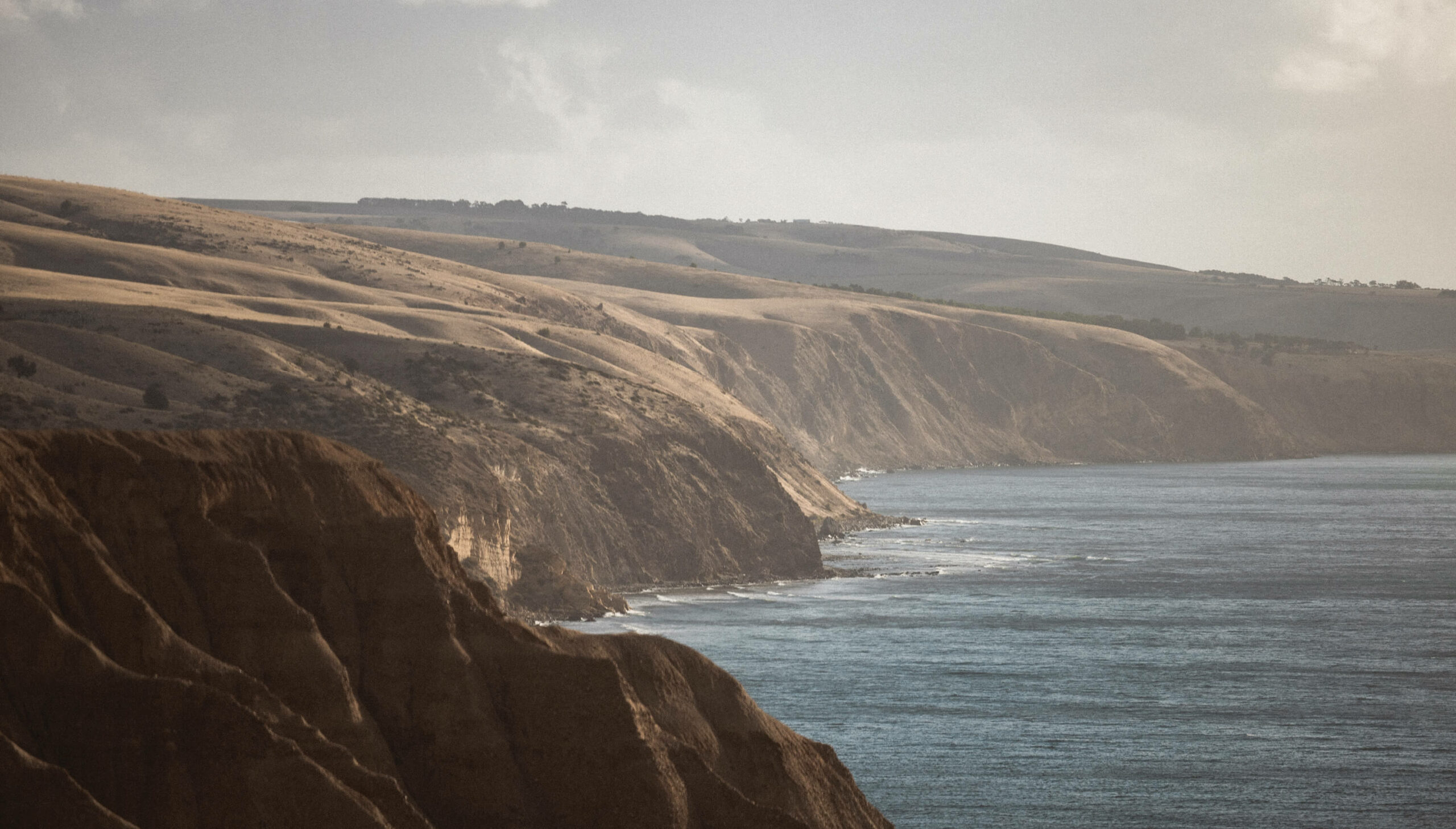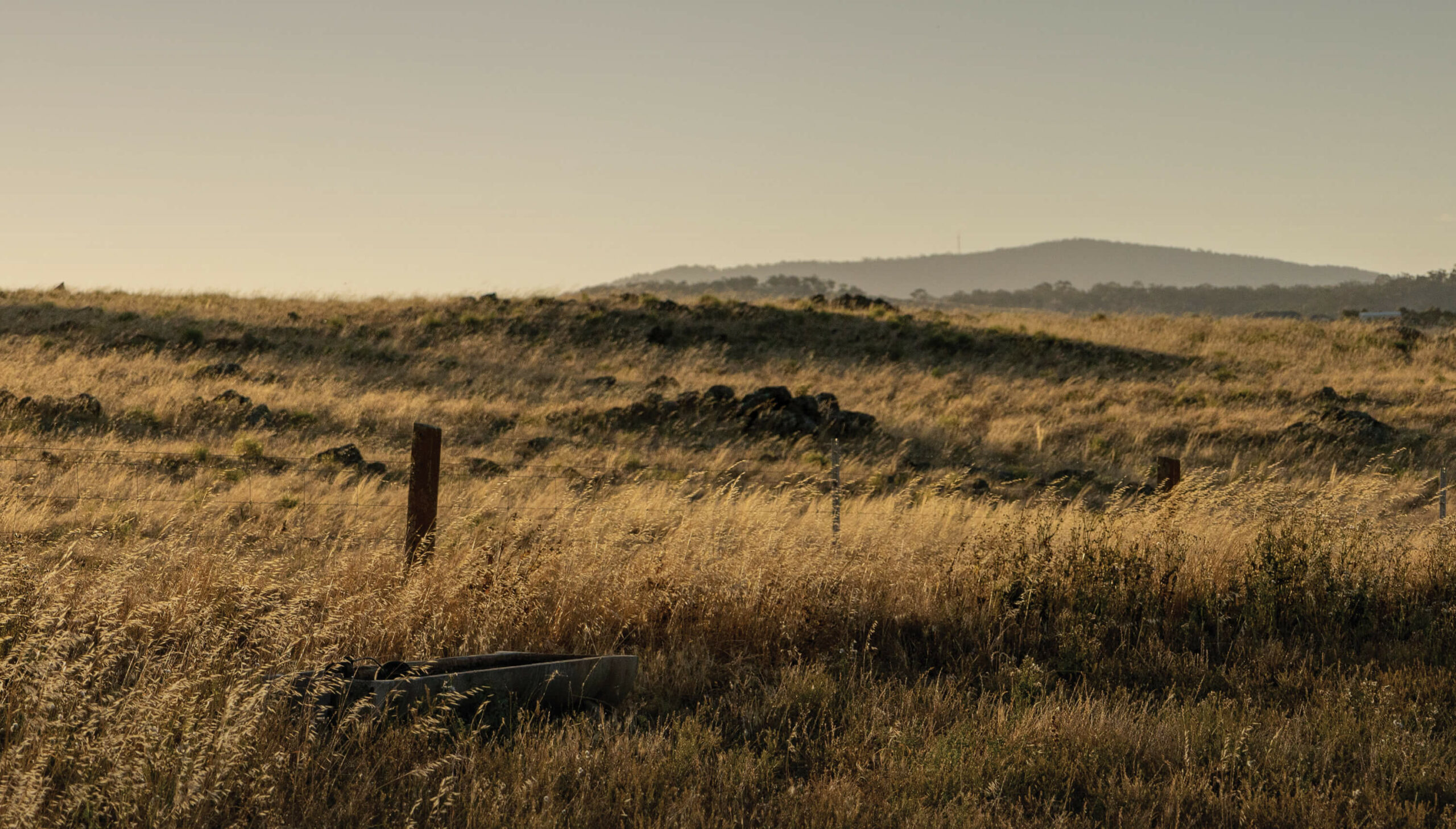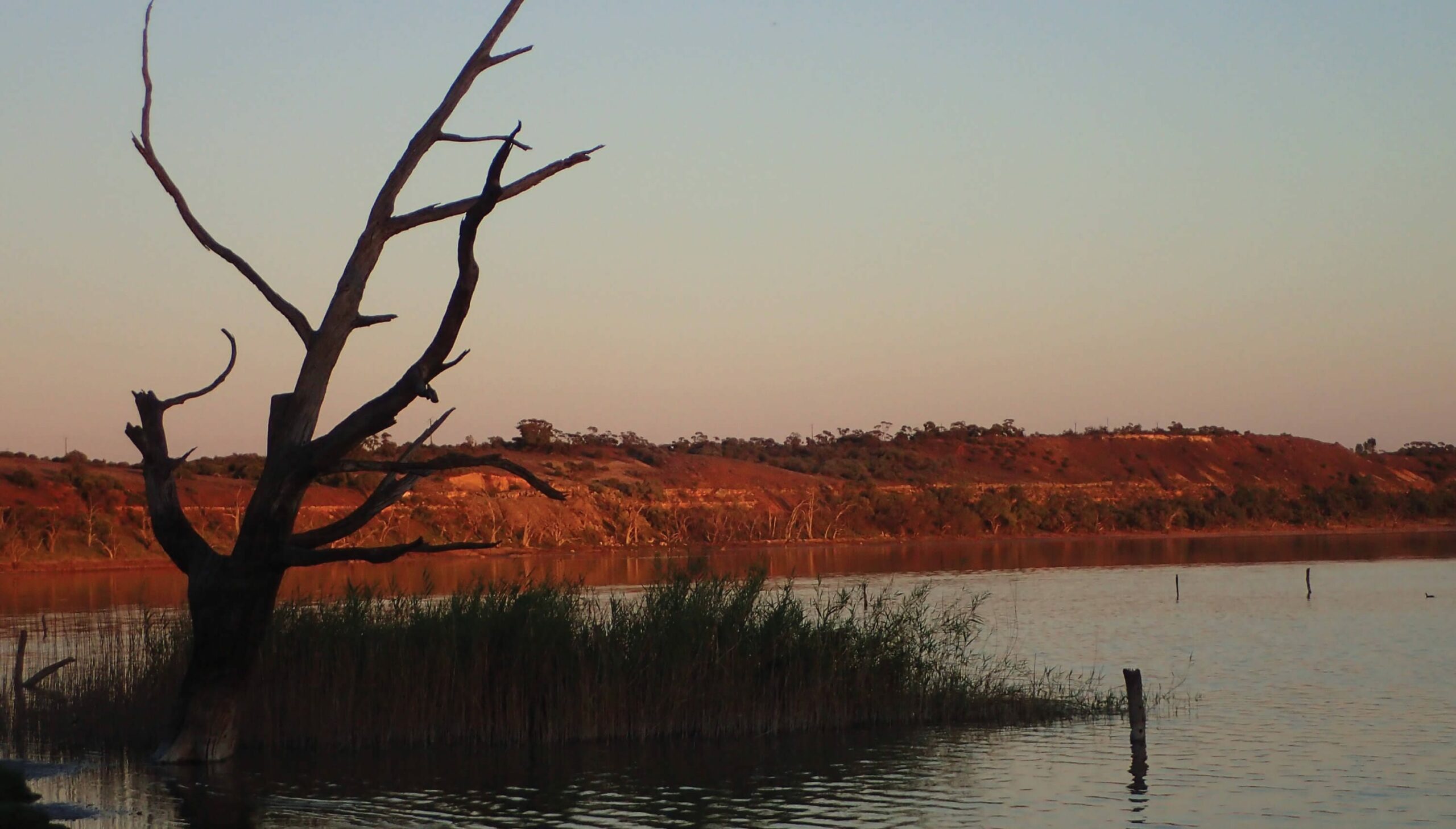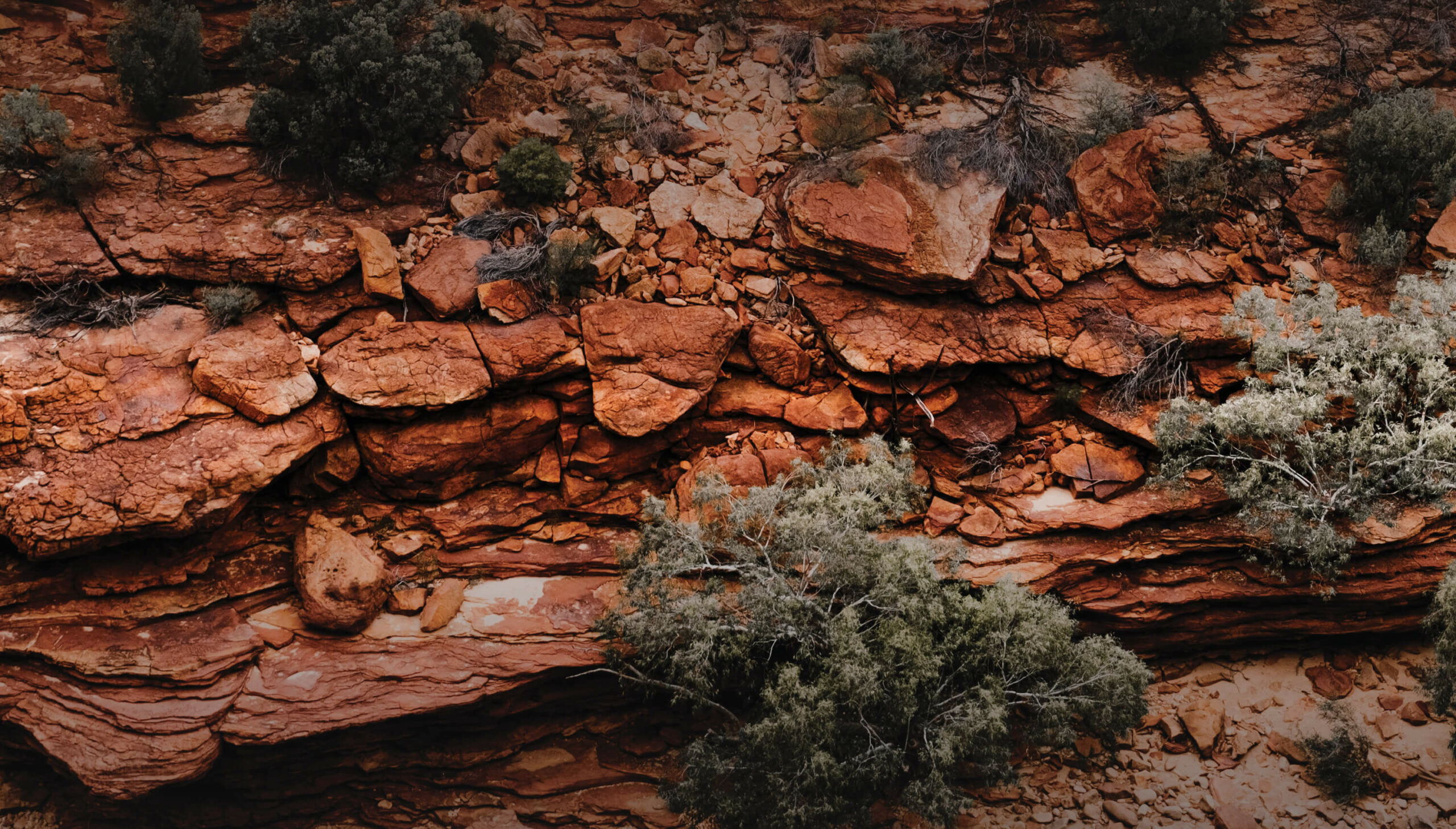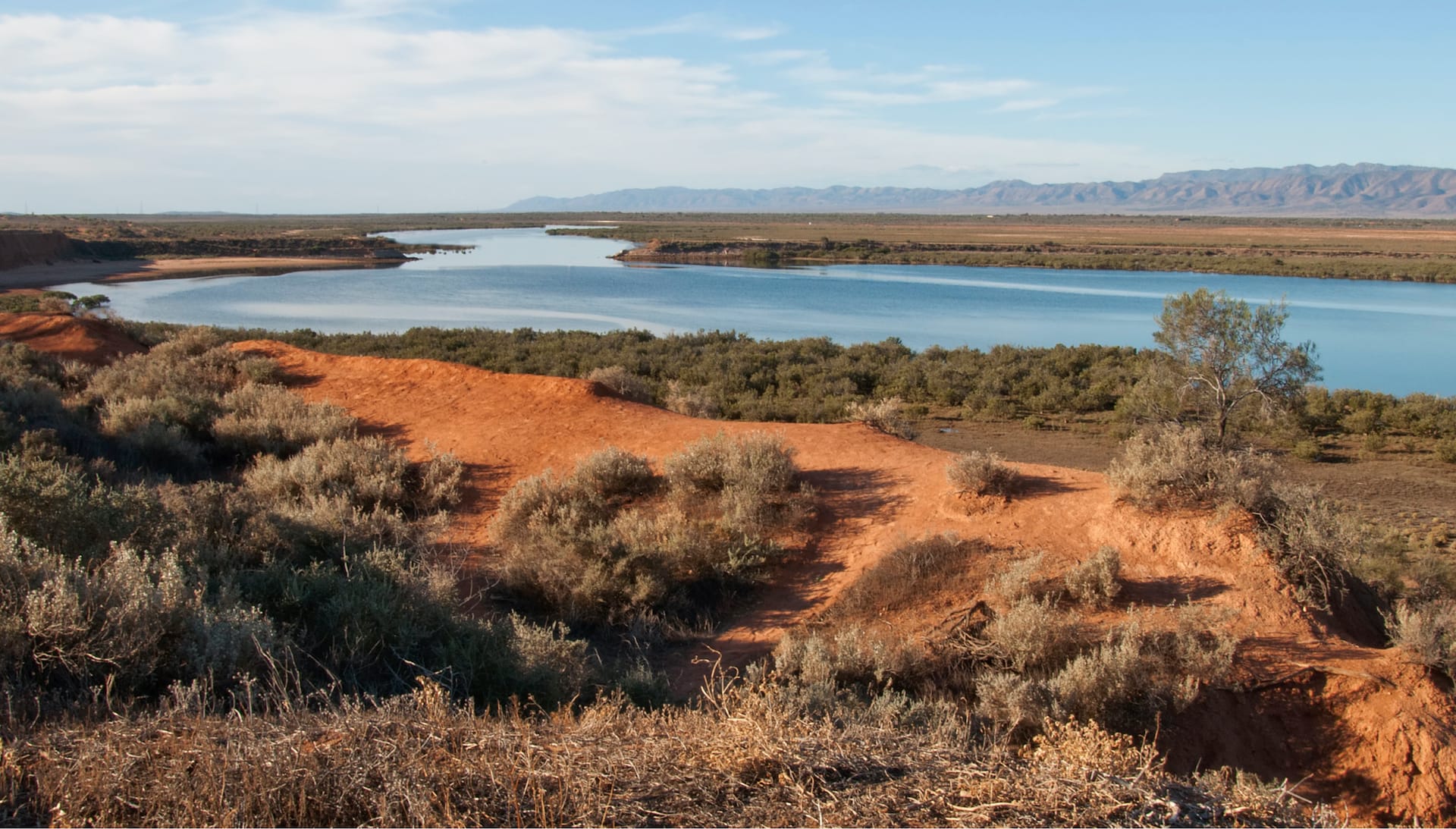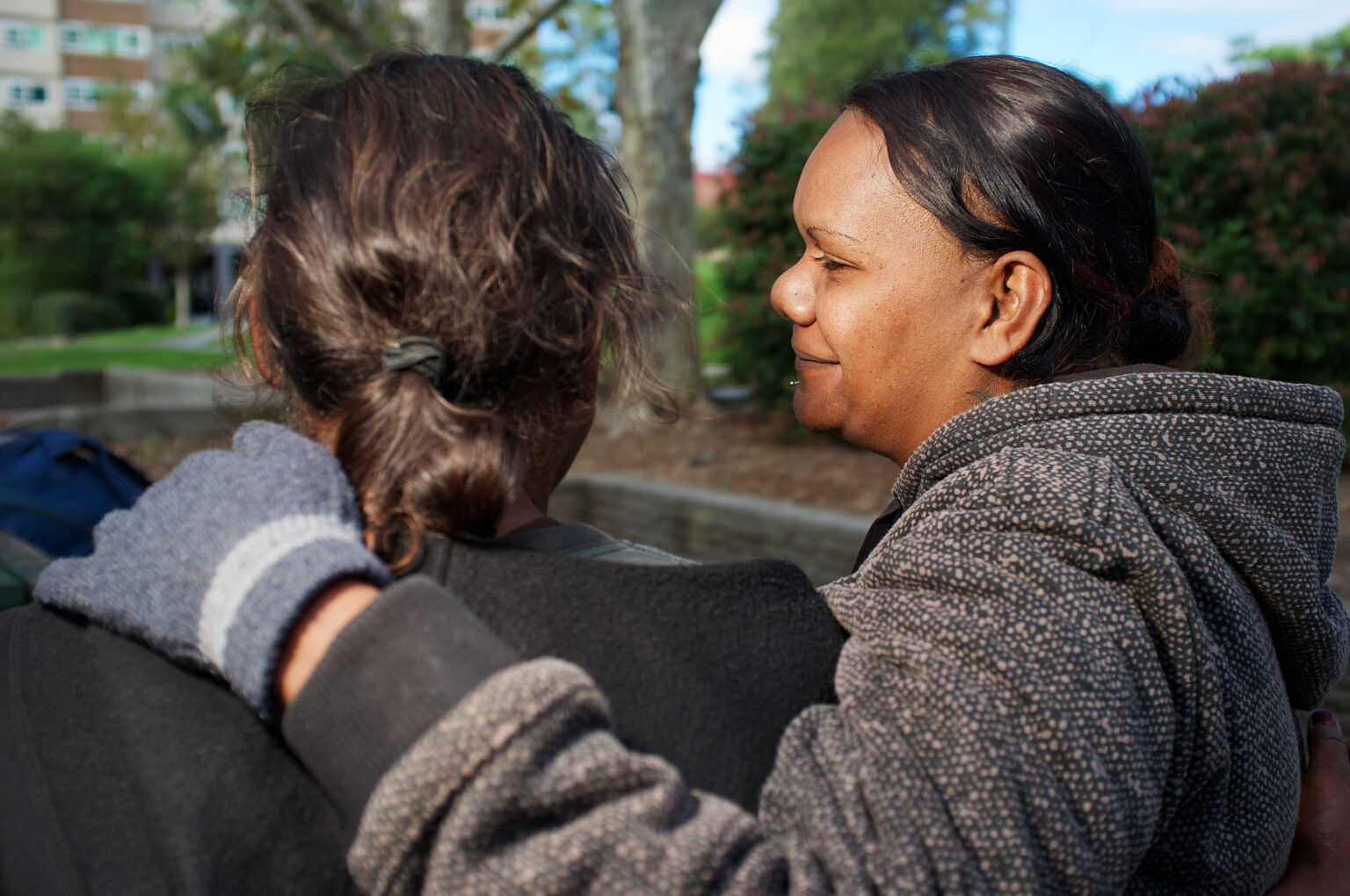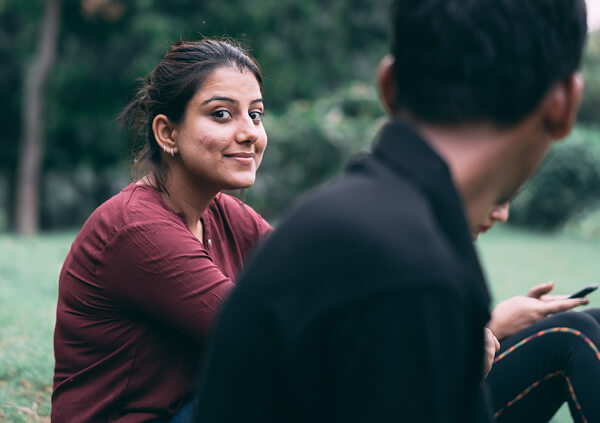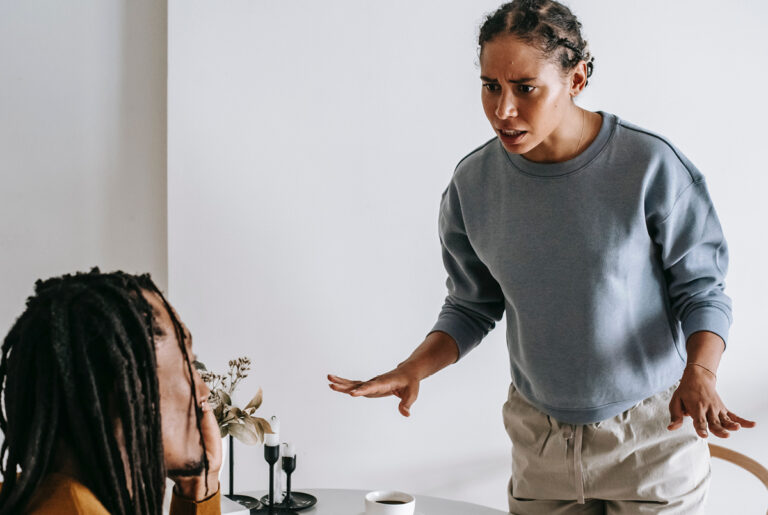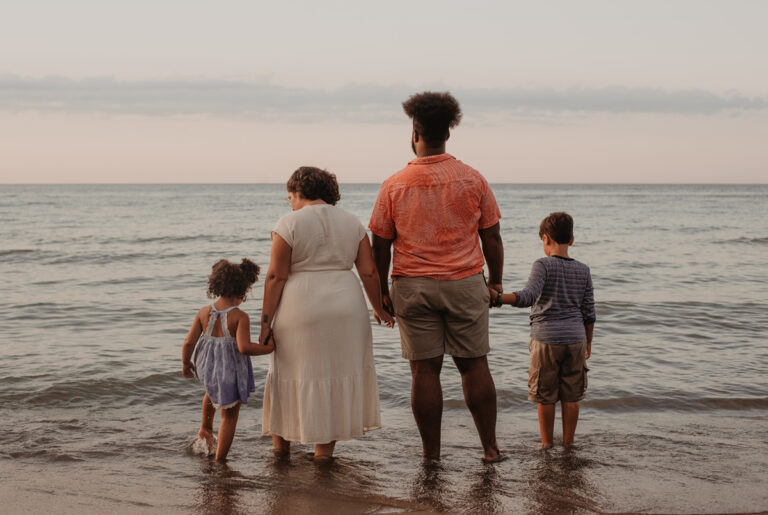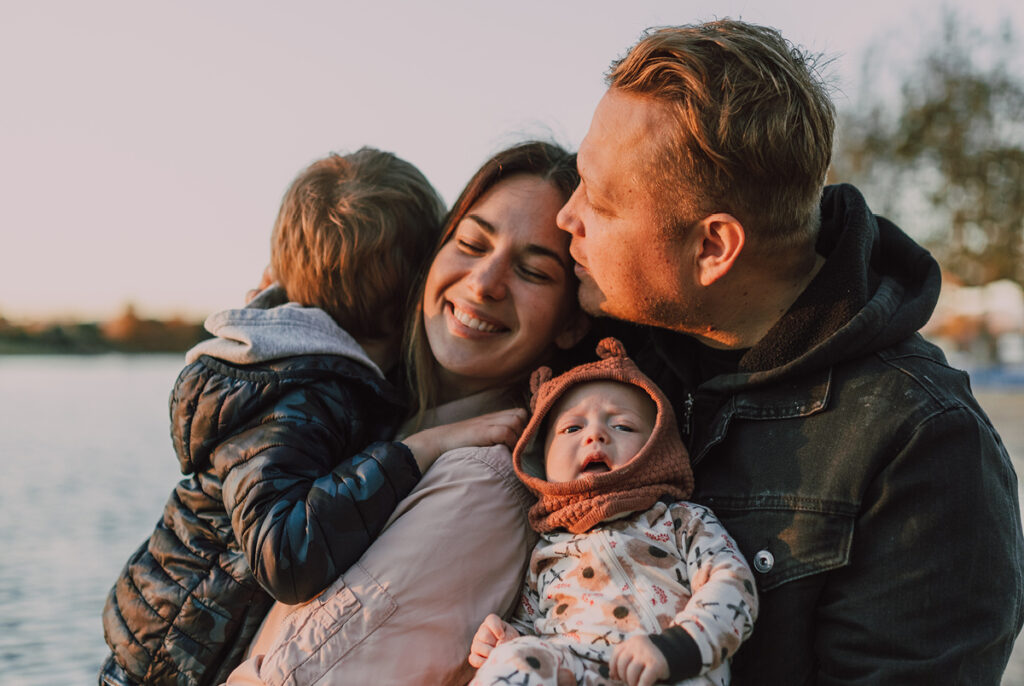Together for Kids Service
Denise is a young Mum and she is arriving for the first time at a FDV Service with her son, Seth. She is met by Lil who is an experienced case worker. Lil finds ways to support Denise to make informed decisions by explaining the options available to her. In all Lil’s interactions with Denise she assists her to restore and strengthen emotional and physical safety. The FDV service also has a Nunga Child Support Worker called Becky who focuses on Seth’s needs. Becky uses play activities with Seth to explore some of his worries. Becky uses the understandings she gains from time to time with Seth to support Denise with her parenting.
Information for Professionals
The key points of interaction and learning for workers in the film are:
- Ways of greeting and making the family welcome to a FDV service
- Taking a slow pace to the process that suits the family
- Supporting families to make informed decisions about their welfare
- Child focussed work by the Nungar Child Support worker
- Example of an initial assessment and safety plan and how to follow up
- Support mothers to restore safety for their children
- Strengthen positive and safe connections with family, kin and community
Some discussion questions that can be used when viewing this film for professional development could include:
- What is your purpose when someone first arrives at a service? What do you want to achieve?
- How do you welcome a child when you meet them for the first time?
- What would you investigate further with Denise to develop a case plan for: Denise, Seth and the unborn child?
- How do you manage to take time with a child focussed intake, with the pressures of all your work commitments and pressing deadlines?
- How do you interact with the parent when a child is present?
- What is the difference between play therapy and an engagement session using play?
- How will you support Denise to notice behaviour changes in Seth and respond appropriately?
- How will you develop your skills in noticing the differences between child development milestones, children’s behaviour and the effects of trauma? Are you aware of services and resources available to support your work with children?
Information for Parents and Families
You may not know what to expect when you and your children are supported by a Domestic and Family Violence or a Homelessness service. All children are clients in their own right and so services will be working with you and each child to ensure children have the support they need.
The following video was made by Relationships Australia (SA) in conjunction with Nunga Mi-Minars Aboriginal Family Violence services. The film shows a culturally appropriate intake and assessment of a young Aboriginal mother and her son. While this may not be a service that you are familiar with, all services are required to work in culturally respectful ways. So while the setting may change, the values and attitudes of workers ( Aboriginal and non Aboriginal) during your stay with any service should help you feel safe and connected . Your child’s cultural identity should be acknowledges and strengthened by providing respectful and appropriate services.
If you have any questions about the service you and your children are receiving please talk to your case worker or call Together4kids on 8245 8190 to talk to one of our Aboriginal consultants.
Some children require extra support during this time. Together4 Kids is a specialist therapeutic service that can provide your child with an individualised program to help them through difficult times. Your case worker can refer you and your child to T4K for an interview.
Acknowledgments
Scenario Outline: Lil Milera, Lead Case Manager, Northern Regional Family Violence Service, Nunga Mi:Minar Inc
Aboriginal cultural advisors and script direction: Lil Milera, Lead Case Manager, Nunga Mi:Minar Inc, Rosney Snell, CEO, Nunga Mi:Minar Inc, Joanne Willmot, Relationships Australia (SA), Katrina Power, Relationships Australia (SA)
A special thank you to Niko Kurtangga Patpangga, (A service of the Southern Domestic Violence Service Inc) for their support in the development of this story with a special mention to Colleen Lovegrove for her commitment and involvement.
Actors: Denise/Mother – Rikki Wilson, Seth/Child – Seth Dodd, Case Manager –
Lil Milera.
Nunga Child Support Worker – Becky Matthews
Family Wellbeing, Aboriginal Support Services, “Together with the Community Family Programs
Shot on location at Nunga Mi Minar. Nunga Mi: Minar Inc is the Northern Regional Family Violence Service that provides culturally respectful supported accommodation service for Aboriginal women and their children.
This project has been made possible through funding provided by Homelessness Strategy, Housing SA, Department for Communities and Social Inclusion. All characters appearing in this work are fictitious. Any resemblance to real persons, living or dead, is purely coincidental.
If you feel like you need extra support Relationships Australia SA also offers a range of services for families and children and youth that can help. Together4Kids provides therapeutic support to children aged 0–12 to help them: overcome trauma, strengthen children’s ability to deal with difficult feelings and reactions, and adjust to family changes and disruptions. Get in touch with us today.
